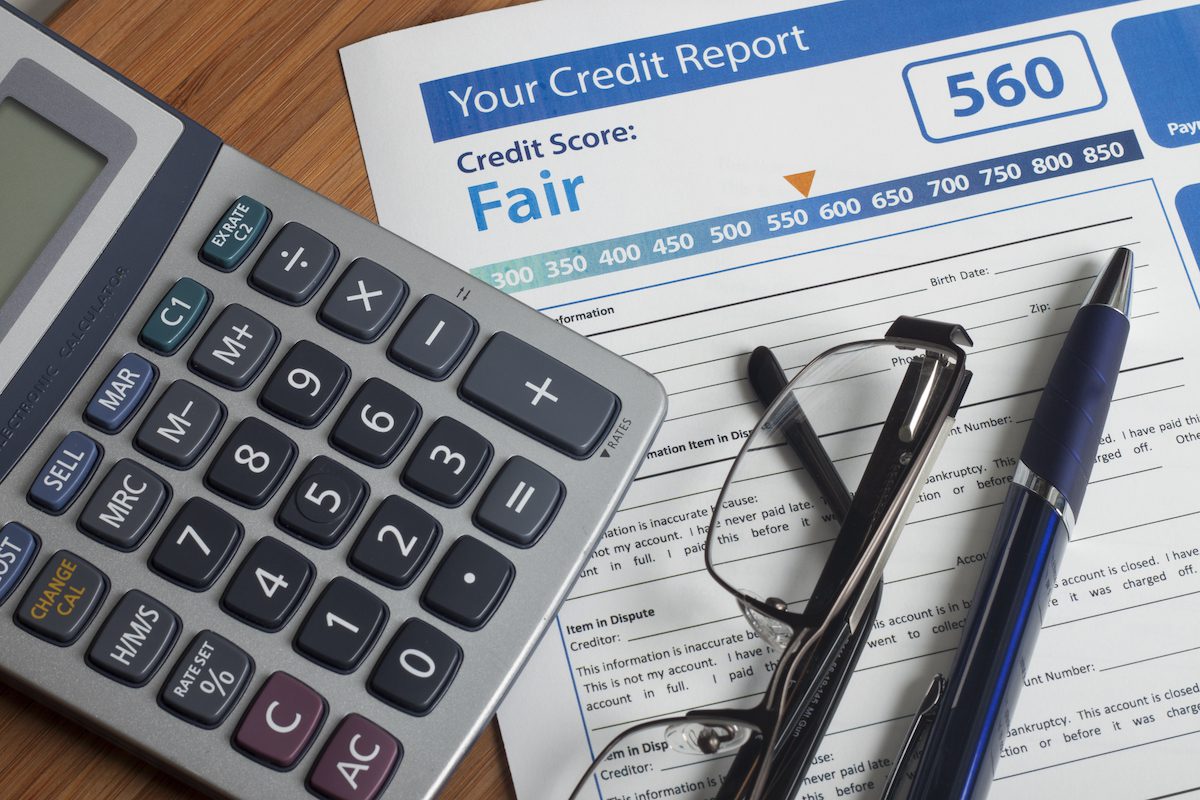Co-Signer vs Guarantor: What’s the Real Difference?
Sometimes, it's just too hard to take on the financial responsibility of renting a home yourself. Maybe you can pay rent each month, but on paper, you're cutting it close. Maybe your credit check has just enough red flags on your rental application to make a landlord worry.

A landlord expects you to pay rent on time, each month. So, they may ask any prospective tenants that raise doubts about a backup plan.
Bringing in a co-signer or guarantor can greatly improve your chances of getting that rental property of your dreams. But how do you know which one you need? Let's talk about a co-signer vs. guarantor.
What is a co-signer?
A co-signer has the same financial responsibilities as you do when it comes to paying rent. Basically, if you fail to pay a month's rent, your co-signer has a legal responsibility to take on the payments for you.
This partnership is tricky, though, since if you, as the tenant, fail to pay rent, your co-signer is immediately responsible. Asking a close friend or family member to take on this role could lead to issues if they end up having to cover for you more than expected.
To protect the relationship you have with whoever co-signs your lease, offer up a 'just in case' plan before signing anything. Let that person know exactly how you'll pay them back, and how fast, in the unlikely event that you miss a month's rent. This can help reassure your co-signer that you're not planning to take advantage of them.
What is a guarantor on a rental property?
A lease guarantor is also someone who agrees to back you up on all the terms of your lease, but most importantly, on rental payments. You can choose a friend or family member, but you can also choose a third-party guarantor you've hired to help out in this capacity.
By signing the lease, a lease guarantor agrees to take on legal responsibility for another person's debt. They're confirming that rent will get paid no matter what — just what most landlords want to hear.

How are they different?
To easily distinguish between a co-signer and guarantor, you can think of it like this: A co-signer is someone you know personally who's offering to help you out. They're taking responsibility for your rent on as a favor. A guarantor is like an insurance agency. Although there is a personal connection, this situation is more of a business arrangement.
Another key difference between the two is that technically, a co-signer can live with you in the rental property and a guarantor cannot. Though both are legally bound to ensure rent gets paid, a co-signer could pull double-duty as a roommate (so choose wisely). In fact, if you need to bring in a roommate to help boost your appeal as a prospective tenant, they automatically become a co-signer. You'll both have to sign the lease.
For this reason, you may even end up splitting rent with a co-signer. A guarantor will only pay rent if you fail to do so.
How monthly rent works
The financial responsibility to pay rent each month falls on whoever lives in the rental property. Of course, if you can't pay rent for some reason, your guarantor or co-signer steps in to fill the gap.
Monthly rent, regardless of who's paying it, gets delivered to your landlord or property manager based on the process stipulated in the lease itself.
Why would you need a rent guarantee?
There are a number of reasons why you might need a rent guarantee, but the goal is always the same. Many landlords simply need another name on the lease to ensure rent gets paid if the tenant fails to handle it themselves. A guarantor or co-signer both have that obligation when paired with a potential tenant.
Specific reasons that might make a landlord require you to have a rent guarantee include:
- Bad credit
- No credit history
- Poor tax returns
- No rental history
- Unconventional source of income
- History of evictions
- Delinquent rental payments in the past
- Unable to meet income requirements
These are all red flags landlords look out for with a potential tenant, but adding a guarantor or co-signer to your rental application can cancel out these negatives and get you approved for your rental home.
This is because a landlord puts both you and your guarantor or co-signer through the same screening process. They'll look at credit scores, employment history, rental history and more. The good rental history and good credit score of your co-signer or guarantor are a few reasons why you might get approved for your rental.
In addition, their bank statements and employment status could enable you to reach the income requirement on the property you're interested in renting.

Can there be more than one guarantor?
It's possible to have more than one co-signer or guarantor on a lease agreement. This is often done when the tenant doesn't have enough income to qualify for the rent on their own.
Each co-signer or guarantor will be legally responsible for paying the rent if the tenant is unable to make payments. This means that each co-signer or guarantor could be responsible for the full amount of rent, not just their portion.
Who can act as your guarantor?
Almost anyone can act as your co-signer or guarantor, as long as they meet the requirements set forth by the landlord. The co-signer or guarantor must be over 18 and have a good credit history. They will also need to sign the lease agreement.
The co-signer or guarantor does not need to live in the same state as you. They can co-sign or guarantee your lease from anywhere in the country.
A family member, friend or even someone from a professional guarantor service can act as the co-signer or guarantor, as long they're willing to take on more financial responsibility for your rental should it become necessary.
How do you make someone a co-signer or guarantor?
The co-signer or guarantor will typically fill out a separate application, which will include a background check. They'll also need to sign the lease agreement alongside all prospective tenants.
Are there any disadvantages to having co-signers or guarantors on a lease?
There are a few disadvantages to having co-signers or guarantors on a lease. First, the co-signer or guarantor is legally responsible for paying the rent if you're unable to make payments. This means that the landlord can take them to court and for any past due rent and legal fees. It's potentially a lot to put onto a close friend or family member and is a serious commitment even if paying rent is never an issue for you.
Co-signers or guarantors will also have to undergo a credit check. This can lower their credit score if they're not approved.
In some cases, cosigners or guarantors are responsible for any damage to the property that's caused by the tenant. This could mean they get charged if your security deposit doesn't cover the extent of the repairs necessary after you move out.
Finally, co-signers or guarantors may have their name on the lease agreement, which means they are responsible for the entire length of the lease, even if you move out early. That could leave them legally required to pay rent on an empty rental, once you're long gone.
This kind of relationship creates the potential for a lot of guilt and bad blood, so you want to pick your co-signer or guarantor carefully and work hard to convince them you'll never take advantage of their situation.
What if the co-signer or guarantor doesn't pay?
If you don't pay rent, and the co-signer or guarantor doesn't pick up the slack to make a rent payment, the landlord can take them to court. The co-signer or guarantor will then be responsible for paying any past due rent, rental fees and legal fees associated with the case.

Are there alternatives to co-signers and guarantors?
If you're unable to find anyone to back you up when it comes to renting, you may have a few alternative options to boost yourself up into the qualified applicant range. To combat:
- An eviction on your record, have a previous landlord write a reference that confirms you pay rent on time
- The lack of rental history associated with first-time renters, offer to pay a higher security deposit or more than a month's rent upfront
- A weak credit score, bring in your bank statements and proof of employment and salary from your current employer (and pay as much as you can upfront)
Each of these gestures can show a landlord that you're financially responsible, serious about your rental application and less likely to default on your lease agreement.
It's OK to ask for help with a rental lease
If you know in advance your background check will produce less-than-optimal results, go in ready to prove you're better than other renters. Bring in a co-signer or lease guarantor willing to take on the same responsibilities as you, should you default. Walking in with a backup plan protects the landlord, and gives you a safety net should you temporarily need it. It's a smart decision.
